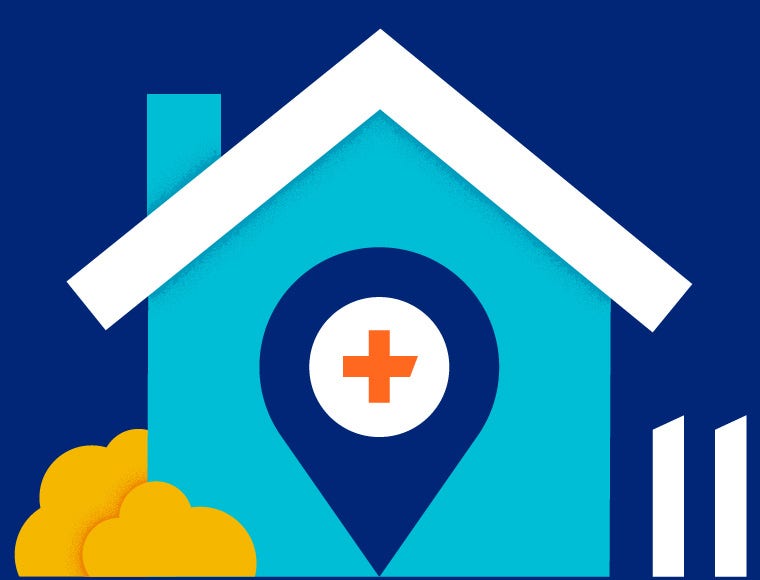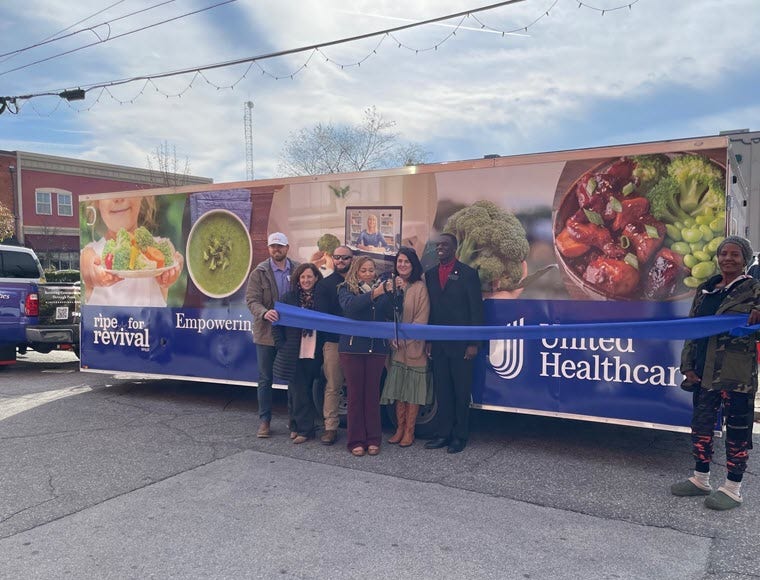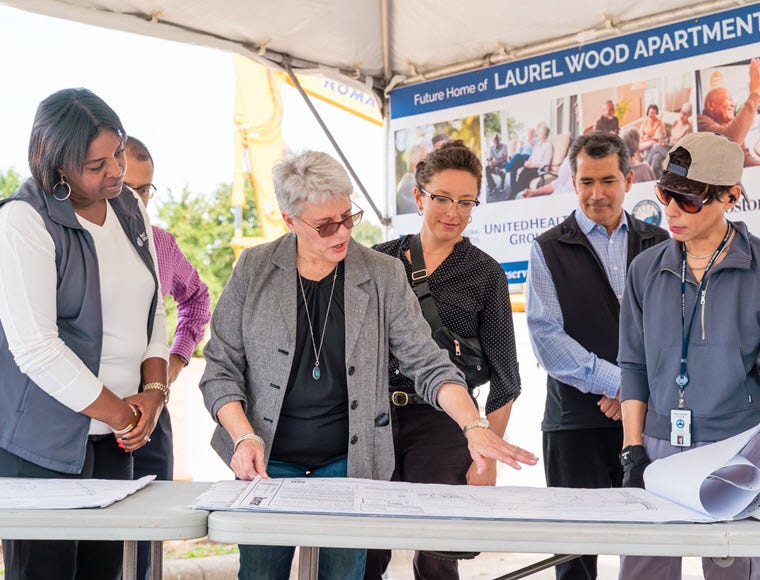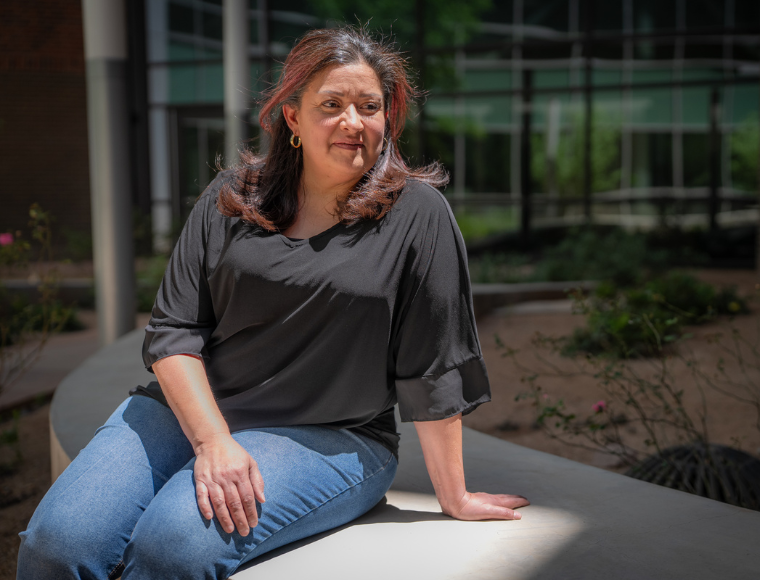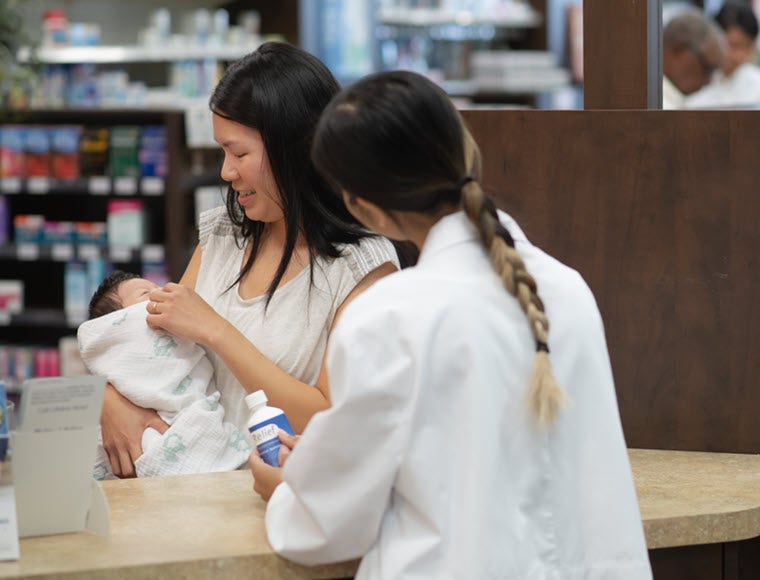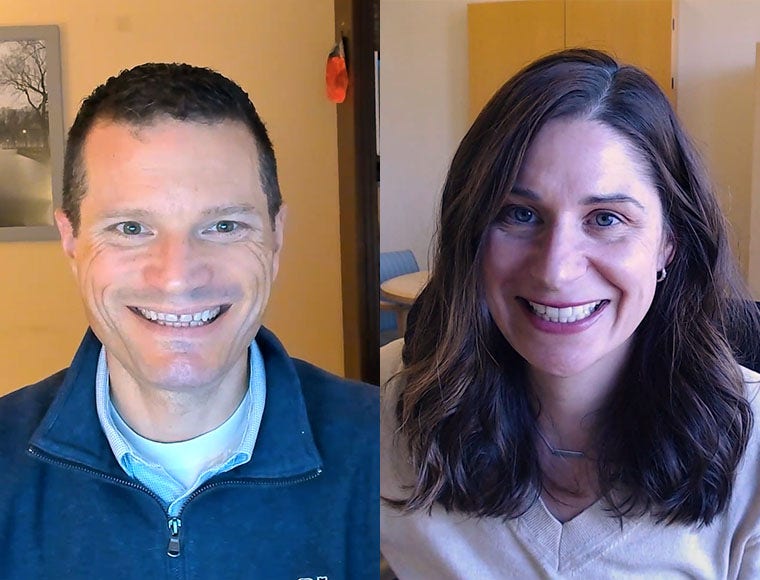Reimagining AUD care in Rhode Island: A collaborative path toward better health and lower costs
Alcohol Use Disorder (AUD) is a leading cause of emergency room and inpatient utilization across Rhode Island’s Medicaid Accountable Entities (AEs), driving up costs and highlighting serious gaps in care for individuals and families.1 To address this challenge, UnitedHealthcare is investing $375K in a multi-pronged, community-centered initiative aimed at closing care gaps and improving outcomes statewide. This five-part initiative reflects a bold, coordinated approach to tackling AUD through collaboration, innovation and whole-person care. Approximately 70% of UnitedHealthcare Community Plan members receive care through AE-affiliated practices, making this a powerful opportunity to shift the trajectory of AUD care across the Medicaid system.
A multi-pronged approach to AUD care
The initiative brings together state agencies, hospitals, behavioral health centers, community organizations and technology collaborators to reach people where they are, whether in an emergency room, at a trusted community site or through a smartphone. The five areas of this effort include:
- Certified Community Behavioral Health Center (CCBHC) Network Education
- Eight CCBHCs across the state offer 24/7 screening, diagnosis and treatment for individuals with AUD. UnitedHealthcare is working with AEs and the Executive Office of Health and Human Services (EOHHS) to raise awareness of these centers as trusted, first points of care. This approach builds on successful models from other states, such as Missouri’s CCBHC system, which achieved a 40% drop in emergency and inpatient use when fully implemented.
- Affect Therapeutics digital treatment app
- Through a collaboration with Optum Behavioral Health, members can now access AUD care via their smartphones. Affect Therapeutics offers video-based counseling, medical oversight and incentives to keep individuals engaged in treatment, reducing traditional barriers such as stigma, transportation and time.
- Hospital incentive agreement and peer recovery coach
- UnitedHealthcare has developed a claims-based incentive model to encourage hospitals to initiate and follow up on AUD treatment. A hospital grant will fund a Peer Recovery Coach in the emergency room to connect directly with patients and guide them toward recovery support and options.
- CONNECT AUD pilot (CTC-RI)
- In collaboration with the Clinical Transformation Collaborative of Rhode Island, this pilot adapts Vermont’s Hub and Spoke model to better integrate Peer Recovery Specialists (PRSs) into the care continuum. It emphasizes primary care, community reintegration and culturally informed support to build long-term stability and engagement.
- AMOS House Pilot
- Working with Dr. Rahul Vanjani and Amos House, Rhode Island’s largest provider of meals, housing and wraparound support, this pilot reaches 50 high-cost Medicaid members with AUD who are disconnected from traditional care. Over 18 months, the program will track changes in ER visits, outpatient engagement and total cost of care, all while meeting these individuals where they are.
Collaboration and innovation in action
The AUD initiative not only reflects UnitedHealthcare’s commitment to addressing a pressing public health issue but also showcases how managed care organizations can drive systems-level change. From embedding digital tools to expanding the reach of peer support, each element is designed to increase timely access to services and build more coordinated, cost-effective care.
The strategy also integrates insights from successful models across the country and adapts them to Rhode Island’s unique care landscape. The goal is ambitious but clear: reduce avoidable utilization, support sustained recovery and improve affordability across the Medicaid program. With a projected 10:1 return on investment, the initiative demonstrates both compassion and accountability.
A model for Medicaid system transformation
UnitedHealthcare Community Plan of Rhode Island is proud to lead this collective effort, rooted in collaboration with the state’s Executive Office of Health and Human Services (EOHHS), Behavioral Healthcare, Developmental Disabilities & Hospitals (BHDDH) and community organizations such as CTC-RI and Amos House.
“We are hopeful that the combination of these five programs to address AUD throughout Rhode Island will lead to significant increases in patients in acute and long-term treatment and result in a lot fewer patients requiring emergency room and hospital care for their addiction,” said Dr. Barry Fabius, chief medical officer, UnitedHealthcare Community Plan of Rhode Island.
By investing in whole-person care and strengthening community infrastructure, UnitedHealthcare is helping to transform how AUD is treated, one person, one family and one neighborhood at a time.
Learn more about how UnitedHealthcare Community & State works to improve the lives of members in Rhode Island on our Rhode Island profile page.
Enjoy this article? Get future Community & State insights delivered right to your inbox.

